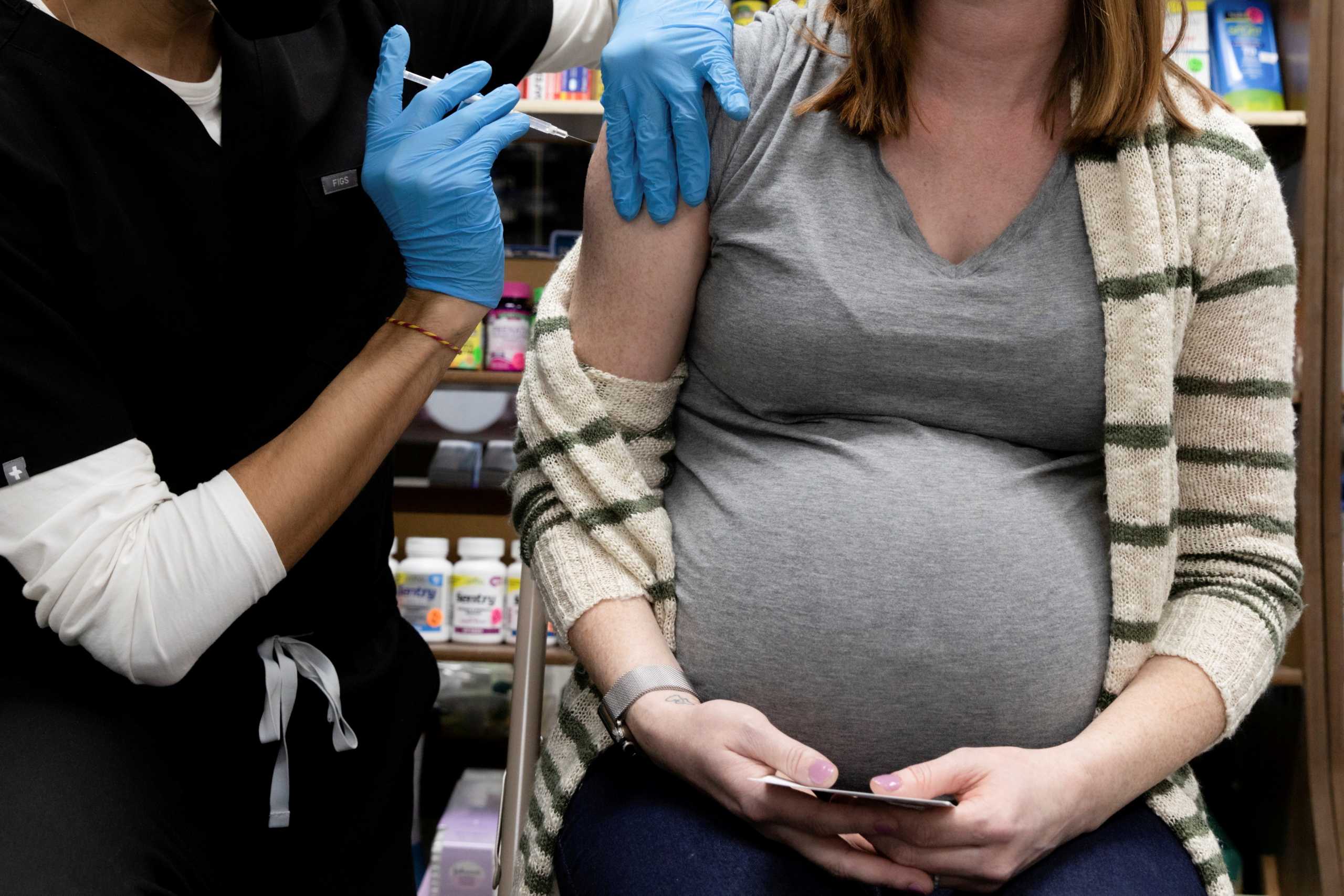One of the most susceptible populations to potentially severe disease from coronavirus are pregnant women with possible complications of preterm birth and a negative effect on both the mother and the newborn.
Successful production of effective vaccines makes it possible to protect the population against coronavirus, however, there was skepticism about the safety of vaccinating pregnant women, as they were not included in clinical trials.
Spontaneous abortions are a common complication of pregnancy and appear to occur in 11% to 22% of confirmed pregnancies. To prove whether mRNA vaccines may increase the risk of miscarriage, data from 2456 women were analyzed, and the results were published in the internationally recognized journal “the New England Journal of Medicine”.
The Doctors of the Therapeutic Clinic of the Medical School of the National and Kapodistrian University of Athens, Theodora Psaltopoulou, Panos Malandrakis, Giannis Danasis, and Thanos Dimopoulos (Rector of EKPA) summarize the published data.
Based on these data, the risk of miscarriage was estimated from 6 to 20 weeks of gestation. The analysis included women who had received at least one dose mRNA vaccine before conception or before 20 weeks of gestation and did not miscarry before 6 weeks. The six-week limit was set based on data from the international literature on miscarriages in the general population.
Data were also adjusted for maternal age. Of the 2456 women, 2022 reported continuing the pregnancy after the 20th week, 165 reported an miscarriage (154 before the 14th week), 65 women did not report continuing monitoring, 188 women were monitored but not as at week 20, and 16 reported another pregnancy outcome, such as induced miscarriage or ectopic pregnancy.
77.3% of women were over 30 years old, 78.3% were white and 88.8% worked in the health sector. 52.7% of women received the company vaccine Pfizer. The cumulative risk of miscarriage between the 6th and 20th week was 14.1% and 12.8% when correlated with maternal age. Even if the 65 women were lost in follow–up the respective percentages were 18.8% and 18.5%. Based on these results, the risk from both the first analysis and the analysis based on the mother’s age was expected and consistent with the results of previous studies in the general population for spontaneous abortions. These data suggest that vaccination of pregnant women before conception or during pregnancy does not increase the risk of miscarriage more than expected, and support the safety of mRNA vaccines.
READ ALSO
